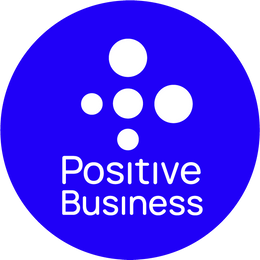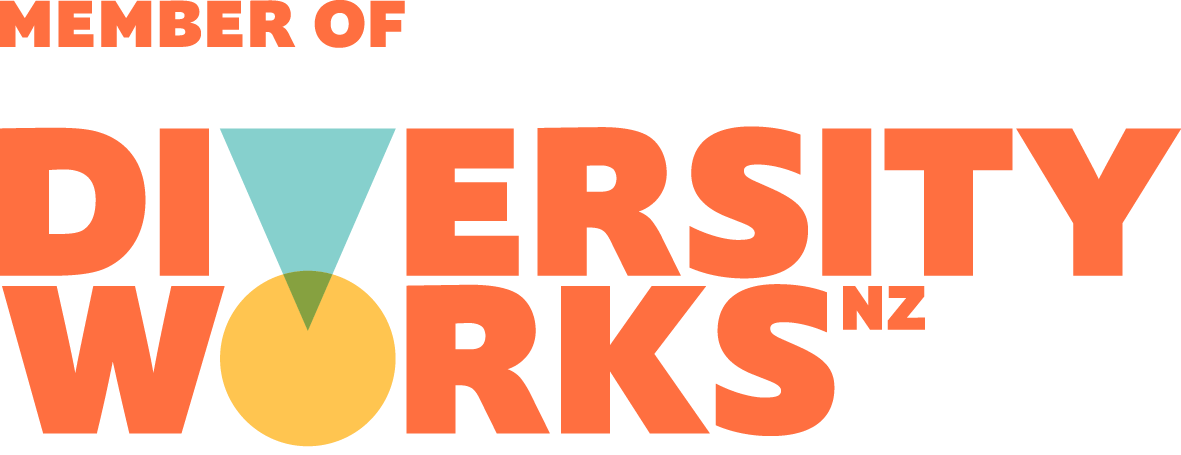News
“Everybody has their own strengths and weaknesses, and it is only when you accept everything you are and aren’t that you will truly succeed.” – Unknown
In an interview, it’s natural to hide your flaws and only highlight your strengths but interviewers know that no one is perfect. The purpose of this question isn’t to embarrass you into exposing your deepest, darkest secrets. It’s about seeing how well you understand yourself and how you deal with situations.
Answer this question using these tips to show that you are a self-aware, proactive candidate.
Describe a weakness that could also be a strength
Strengths and weaknesses can be different sides of the same coin so take a personal weakness and describe it as a professional strength. For example, if you’re a detail orientated perfectionist who can spend more time than allocated on projects, focus on how your attention to detail delivers a thorough, well thought-out result. Be prepared with examples where your perceived weakness is a strength.
Select a weakness that is ‘fixable’ and show the steps you’ve taken to overcome it
Choose a weakness that’s been improved through work, training or self-motivation. Then demonstrate the steps you’ve taken to overcome it.
Common ‘fixable’ weaknesses include time management, delegation skills, team leadership, networking and public speaking.
Describe your weakness in a concise manner and then outline the steps you’ve taken to improve it. This may include talking with your manager about it, seeking advice from colleagues, taking on more responsibility, professional development and training as well as personal initiatives such as volunteer work, attending Toastmasters or being on your local school board. Employers like to see a proactive candidate who has taken the initiative to improve.
Use your research about the company and job to your advantage
Make sure you understand the key requirements for the role and don’t pick a weakness related to any of the required skills and attributes. For example, if teamwork is a big part of the role, don’t talk about how you prefer to work on your own.
Heading into an interview? Don’t miss any of our top tips for answering tricky questions:
- Tell us a little about yourself
- Where do you see yourself in three years?
- Why did you leave your last job?
- Give an example of a time where you used initiative





